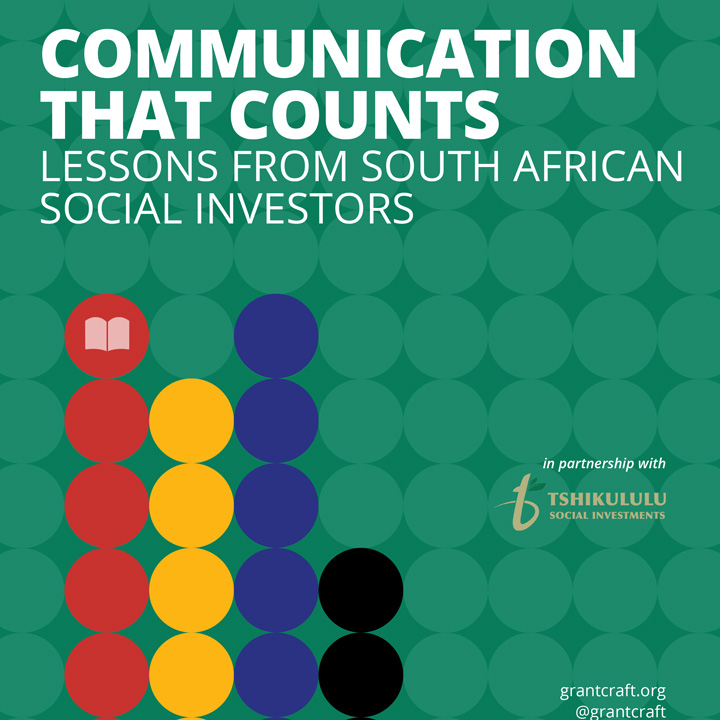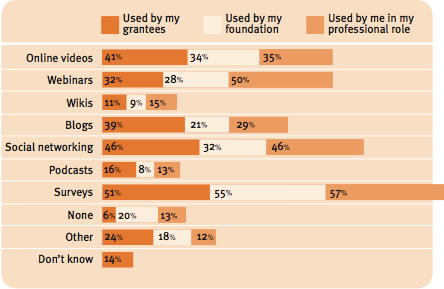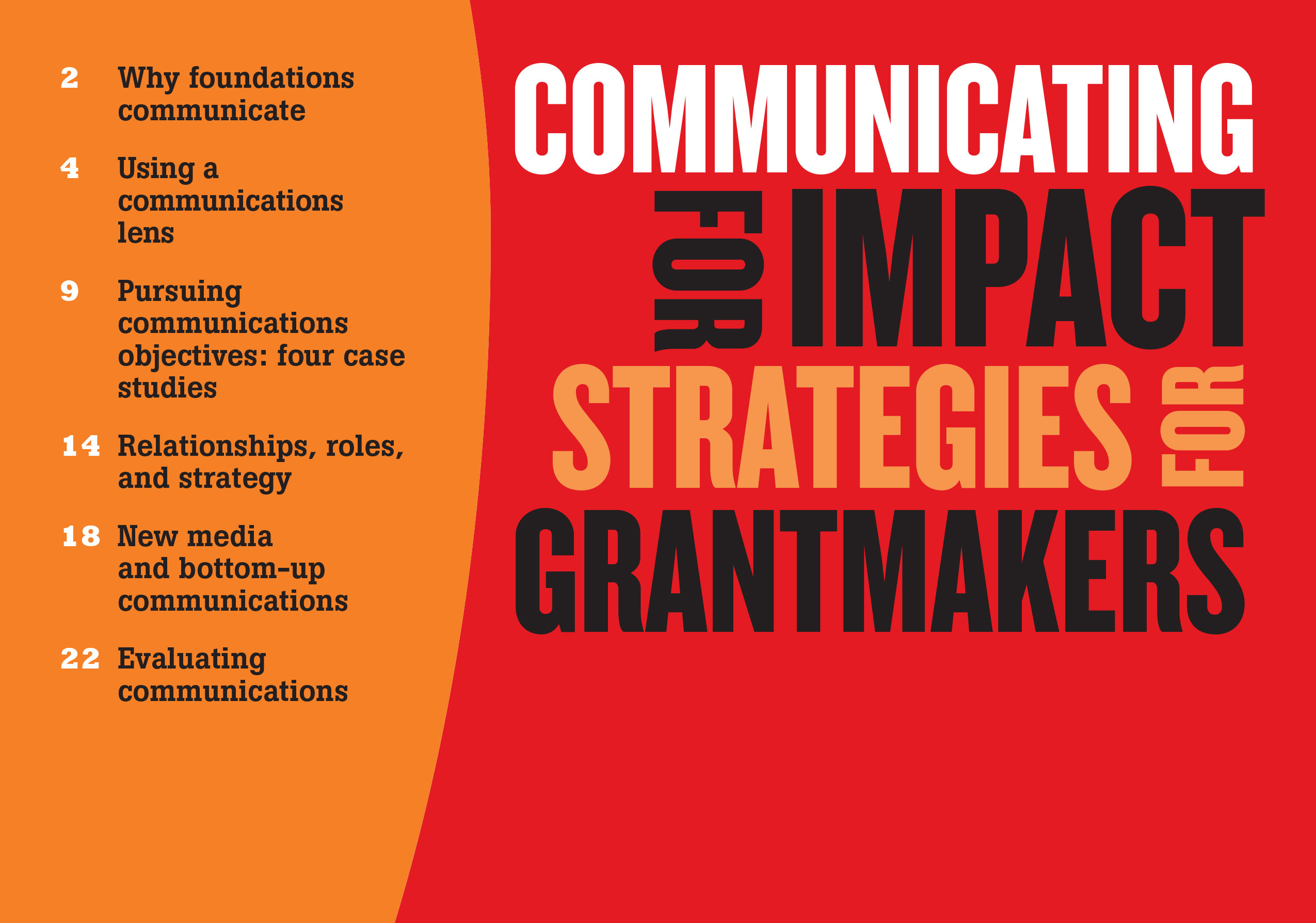Tiger Brands Foundation and the Michael and Susan Dell Foundation Collaborating With Government
For a number of South African grantmakers, collaborative relationships with government are particularly important. In addition to communication about work done with government, it is important to communicate clearly and effectively with relevant government stakeholders for the partnership to be effective.
Both the Tiger Brands Foundation and the Michael and Susan Dell Foundation work closely with government. They believe that a fact-based, open, and honest relationship with government is most effective. Caitlin Baron, South Africa country lead for the Dell Foundation, says, “Government is inundated with information and requests for partnerships. If projects want to be taken seriously, they have to provide factual information about the work they are doing. For example, illustrating numbers and trends over time and sharing specific stories about the impact of a project on specific people is more effective than generalised information.”
The Tiger Brands Foundation partners directly with government to carry out an in-school breakfast feeding programme (programmes that provide nutritious breakfast for children in economically disadvantaged public schools), which is designed to supplement government’s feeding programme. Kelvin Glen, founding director of the Tiger Brands Foundation (who has since moved on to start his own business), explains that the foundation’s collaboration with the South African Department of Basic Education (DBE) is enhanced by communication. “We have regular status meetings at a national, provincial, and district level.” These meetings are a critical opportunity to touch base with and remain close to the foundation’s partners.
Glen highlights that honesty in communication is key to building relationships and trust in public/ private partnerships. “We built our relationship with the DBE with an attitude of humility, by offering to work with them, and showing that we didn’t want to critique them or to tell them how to do their job,’” he says. “When we make mistakes, we admit them. I think that’s why we’ve been successful in building that relationship. We also spend a lot of time at the Department— working with them and supporting them. That’s been our success.”
He also stresses the importance of hands-on, on-going communication. Being present is one way to better listen to and understand grantees. “A lot of donors do one-off donations, and the only time grantees see that donor is when they want to produce promotional material about their involvement. But it’s important to be in regular contact with projects and to be hands-on in your involvement. That’s why we have a project coordinator in each province that visits different schools every day. We do a daily report, and when we identify a problem, we address the issue. We are dependent on the school to implement our project, and encourage them to see the in-school breakfast programme as a partnership. We don’t see ourselves as a donor; we see ourselves as a partner.”





